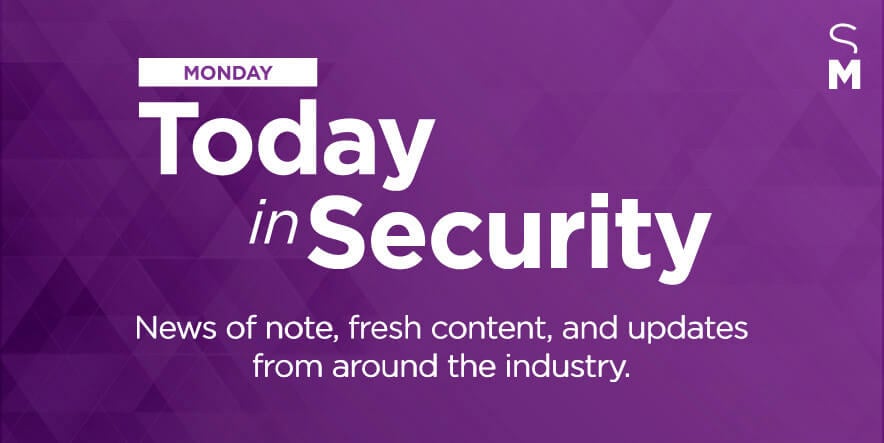PPE Shortages Fuel Black Market, Recalls, and Confiscations
As healthcare providers and essential workers scramble to find adequate personal protective equipment (PPE), demand has far outstripped adequate supply—leading to price gouging, black market deals, and inadequate products being sold.
On 26 April, French police reported they seized 140,000 face masks destined for sale on the black market. The seized masks included about 5,000 high specification masks for coronavirus patient use. Reportedly the seller purchased the masks for €0.50 ($0.54) each in The Netherlands and was selling them for between €0.55-€0.60 each to a list of clients, including private companies, according to Le Parisien newspaper.
French police seize 140,000 black market face masks near Paris https://t.co/S9mEayduAb
— BBC News (World) (@BBCWorld) April 26, 2020
Last month, France requisitioned all stocks and production of face masks for healthcare workers. Before stocks were requisitioned, the prices of masks online and in French shops had tripled, the BBC reports.
Starting today in Germany, it will be compulsory for people to wear face masks that cover the nose and mouth when in shops or on public transportation. The country’s third-biggest medical supplier, however, said demand for PPE was outstripping supply—including the nation’s stockpiles. Other countries, including the United Kingdom, have been reluctant to require face coverings, partly out of concern for hospital’s supply chains, the BBC says.
In the United States, healthcare organizations, states, and federal agencies are at odds when divvying up the limited supply of PPE. In one instance, the chief physician executive at Baystate Health medical system in Massachusetts said he was questioned by the FBI when attempting to buy PPE for the hospital. The hospital supply team ended up paying more than five times their usual rates for a shipment of respirators and face masks, and the physician, Dr. Andrew Artenstein, had to convince FBI agents that the equipment would really go to frontline health workers—not the black market, according to his account in the New England Journal of Medicine.
“Deals, some bizarre and convoluted, and many involving large sums of money, have dissolved at the last minute when we were outbid or outmuscled, sometimes by the federal government,” Artenstein wrote.
Once the PPE arrived at the hospital, it is kept under 24-hour guard, he added. While this level of security is typical for drugs, it is unusual for PPE—or at least, it used to be.
Panic buying, hoarding, and misuse of face masks, hand sanitizer, and other protective equipment is putting pressure on healthcare supply chains. https://t.co/0dLMUcQdT5
— Security Management (@SecMgmtMag) March 9, 2020
Demand isn’t the only challenge for PPE supplies. Shortages and seizures of masks have been compounded by recalls of hundreds of thousands of poor-quality imported PPE. In the first two months of 2020, almost 9,000 new manufacturers started producing masks in China, but not all of them meet necessary quality and effectiveness thresholds.
On Saturday, China released new rules saying exported protective gear must meet internationals standards. According to Chinese government officials, nearly 16 million businesses have been inspected, and 89 million poor quality face masks and large quantities of ineffective disinfectant have been confiscated.
How have your supply chains changed since the COVID-19 pandemic began? Share your story on ASIS Connects or email us at [email protected].
